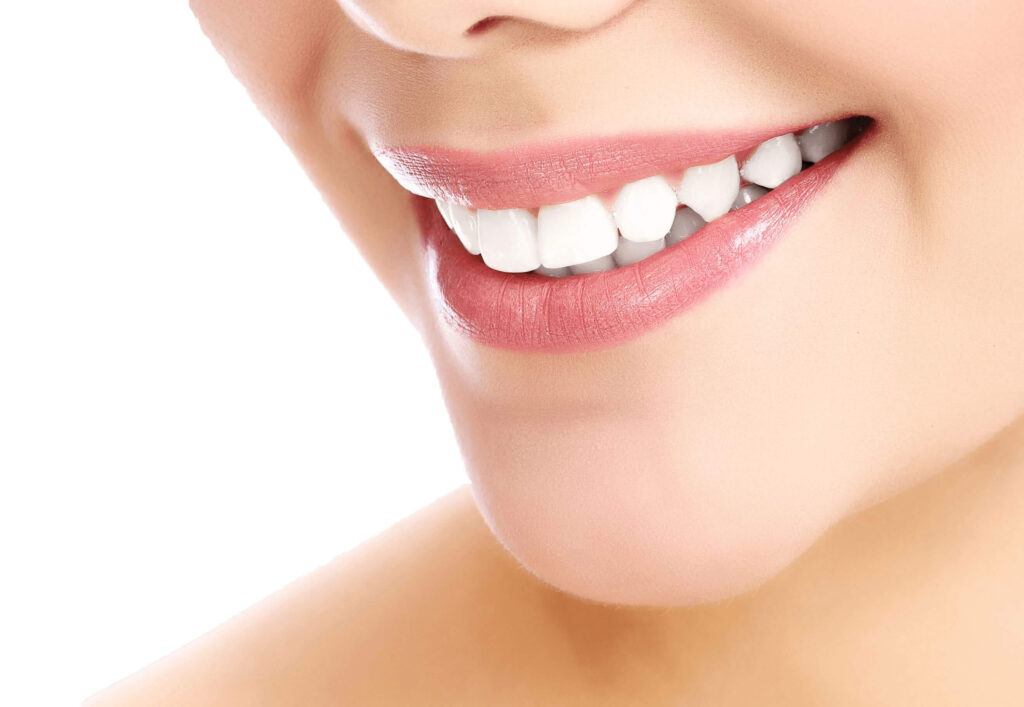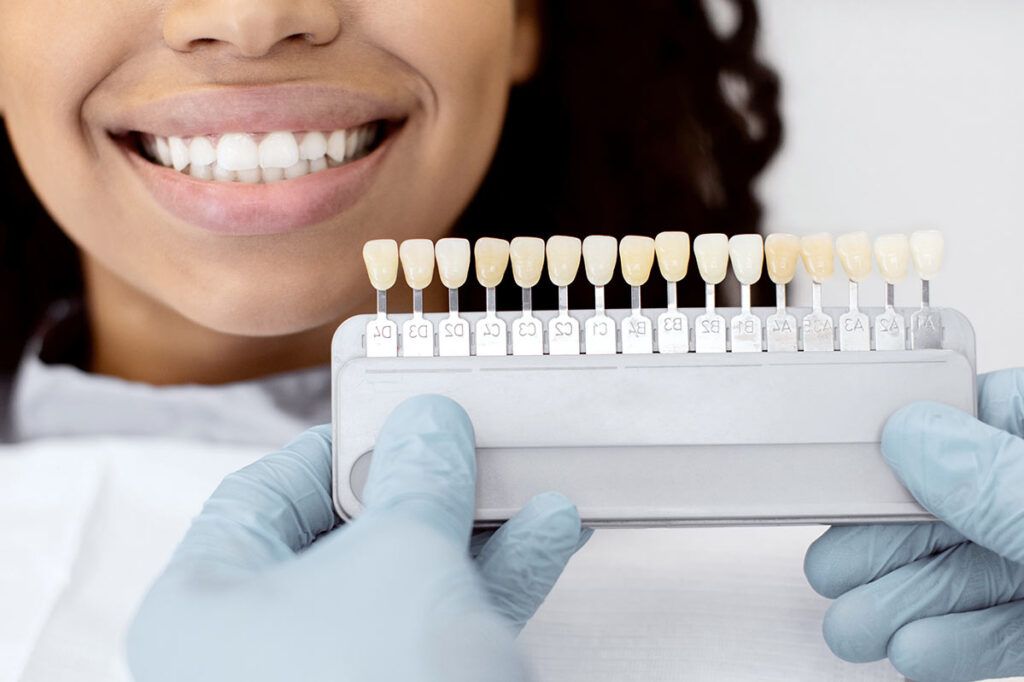Restorative Dentistry Solutions for Missing Teeth
Missing teeth can affect both your appearance and your oral health. Whether it’s due to injury, decay, or other dental issues, the gap left by a missing tooth can lead to problems like shifting teeth, difficulty chewing, and even bone loss. Restorative dentistry offers a range of long-term solutions to fill these gaps and restore function and aesthetics to your smile.
Restorative dentistry focuses on repairing and replacing damaged or missing teeth. Techniques like dental implants, bridges, and dentures provide durable and effective ways to address tooth loss. Each method has its own set of benefits and considerations, and understanding these options can help you make an informed decision about your dental health.
By restoring missing teeth, you not only improve your smile but also enhance your overall oral health. Well-fitted restorative dental work can prevent further dental issues and help maintain the structure of your jaw and face. In this guide, we will discuss the importance of restorative dentistry, explore dental implants as a permanent solution, look into other options like bridges and dentures, and provide tips for maintaining your restorative dental work for long-term health.
Understanding Restorative Dentistry and Its Importance
Restorative dentistry refers to the field of dentistry that focuses on repairing and replacing teeth that are damaged, decayed, or missing. The primary goal is to restore the function and appearance of your teeth, ensuring you can eat, speak, and smile confidently. This type of dental care involves various treatments, including fillings, crowns, bridges, dentures, and dental implants.
The importance of restorative dentistry cannot be overstated. Missing teeth can lead to various oral health issues, such as misalignment, jawbone deterioration, and increased risk of gum disease. Restoring missing teeth helps maintain the proper alignment of the remaining teeth, preventing them from shifting. Additionally, it can improve your ability to chew and speak effectively, enhancing your overall quality of life.
By addressing dental problems early with restorative treatments, you can avoid more complex and costly procedures in the future. Restorative dentistry not only improves the aesthetics of your smile but also promotes long-term oral health. Regular check-ups and prompt treatment of dental issues can help preserve your natural teeth and prevent further complications.
Dental Implants: A Permanent Solution for Missing Teeth
Dental implants are a popular and highly effective solution for replacing missing teeth. They consist of a titanium post that is surgically placed into the jawbone, acting as a sturdy foundation for a replacement tooth or crown. Over time, the implant fuses with the bone, providing a permanent and secure fit.
There are several advantages to choosing dental implants. First, they look and function like natural teeth. Unlike dentures, implants are fixed in place and do not require removal for cleaning. This makes them more convenient and comfortable to use. Furthermore, implants help preserve the jawbone, preventing bone loss that often occurs when teeth are missing.
The process of getting dental implants typically involves a few steps. After an initial consultation and assessment, the implant is surgically placed into the jawbone. Once the implant has healed and integrated with the bone, a custom-made crown is attached to it. This process ensures a perfect fit and natural appearance.
Dental implants are a long-lasting solution, often lasting many years with proper care. They can replace a single tooth or multiple teeth, depending on your needs. By choosing dental implants, you can enjoy a restored smile and improved oral health for years to come.
Exploring Other Restorative Options: Bridges and Dentures
While dental implants are a popular choice for replacing missing teeth, bridges and dentures are also effective restorative dentistry options. Dental bridges are used to “bridge” the gap created by one or more missing teeth. They are typically made of porcelain or ceramic fused to metal, which ensures they blend seamlessly with your natural teeth. Bridges rely on the support of adjacent teeth, which means that a crown will be placed on the teeth next to the gap to hold the bridge in place.
One of the benefits of dental bridges is that they restore your ability to chew and speak properly. They also help maintain the shape of your face, as missing teeth can sometimes cause a sunken appearance. Additionally, bridges prevent remaining teeth from shifting out of position, which can lead to bite problems and uneven wear.
Dentures, on the other hand, are removable appliances that can replace several missing teeth or an entire arch of teeth. There are two main types of dentures: full dentures, which replace all the teeth in an arch, and partial dentures, which fill in the gaps when some natural teeth remain. Dentures are typically made from acrylic resin and sometimes combined with metal for added support and durability.
Modern dentures are designed to look natural and fit comfortably, making them a suitable option for many patients. They are relatively easy to care for and can significantly improve your ability to eat and speak. Regular check-ups with your dentist can ensure that your dentures fit well and continue to function as intended.
Maintaining Your Restorative Dental Work for Long-Term Health
Taking care of your restorative dental work is essential for ensuring its longevity and maintaining your oral health. Whether you have dental implants, bridges, or dentures, proper care and maintenance are crucial. Here are some key tips to help you keep your restorative dental work in excellent condition:
1. Good Oral Hygiene: Brush and floss your teeth regularly to prevent plaque buildup and gum disease. Use a soft-bristled toothbrush and non-abrasive toothpaste to clean around your dental work without causing damage.
2. Regular Dental Visits: Schedule routine check-ups and cleanings with your dentist. These visits allow the dentist to monitor the condition of your restorative work and address any issues early on.
3. Healthy Eating Habits: Avoid hard, sticky, or sugary foods that can damage your dental work. Eating a balanced diet rich in fruits, vegetables, and lean proteins supports your overall oral health.
4. Protective Measures: If you grind your teeth at night, consider wearing a nightguard to protect your dental work. Similarly, use a mouthguard during sports activities to prevent injury to your teeth.
5. Clean Your Dentures: If you wear dentures, clean them daily with a denture cleaner or mild soap and water. Avoid using abrasive cleaners that could scratch the surface.
By following these tips, you can extend the life of your restorative dental work and enjoy a healthy, functional smile for years to come.
Restore Your Smile and Confidence with Restorative Dentistry
Restorative dentistry plays a pivotal role in maintaining both the function and aesthetics of your teeth. From dental implants to bridges and dentures, various options can help you regain a complete, beautiful smile. Each option offers unique benefits, whether it’s the permanence and natural look of dental implants or the versatility of bridges and dentures.
Maintaining your restorative dental work is just as important as the initial treatment. Consistent oral hygiene, regular dental visits, and mindful eating habits will ensure that your restorations last longer and your oral health remains optimal. Always follow your dentist’s advice regarding the care and maintenance of your dental work.
Ready to explore restorative dentistry options to enhance your smile? Contact Reflection Cosmetic Dentistry today to schedule a consultation and discover the best solution for your dental needs. Let us help you achieve and maintain a radiant and healthy smile.





